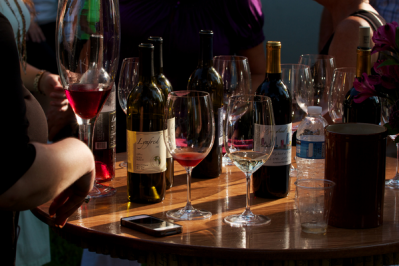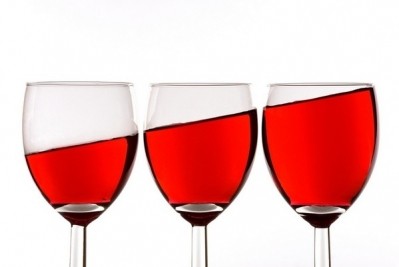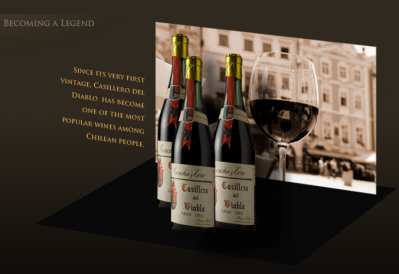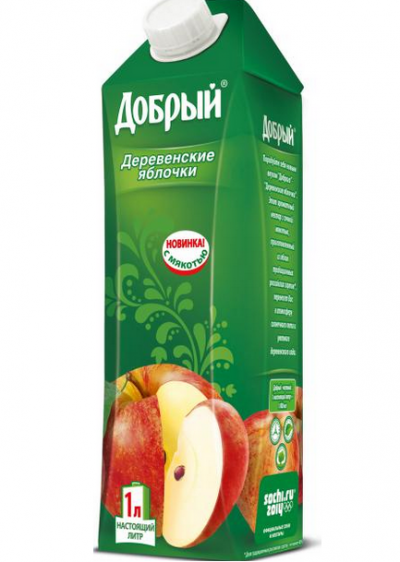‘Morphing’ wine regulations scare Russian importers: Wine Intelligence
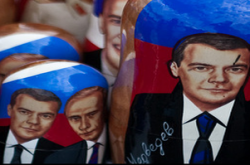
That's according to a new report from UK-based Wine Intelligence, which said the glass-half-full sentiment in the market suggested a return to growth, albeit not to pre-2008 levels.
Russia was not one of the most dynamic wine BRICs, but as the world’s ninth-largest wine market it still mattered, the firm said, adding that the CAGR of still wine increased 4.8% during 2010-2011 despite the downturn.
“The government says it’s onside with encouraging wine consumption over vodka in attempts to tackle high alcohol consumption,” Wine Intelligence COO Richard Halstead said, while there were 5.7m imported wine drinkers in Moscow and St.Petersburg alone.
Glass half-full optimism
Yet this optimism was quickly tempered by fears, Halstead said, “over constantly morphing government regulation, combined with a stifling bureaucracy and the ever-present specter of corruption”.
The analyst then quoted an influential importer who said: “We may wake up tomorrow, and the law base will be completely changed.”
Multiple bureaucratic hoops – which could change form at any time – confronted wine importers doing business in Russia, Halstead added, and it was important to check these regularly with local experts.
The latest ‘goalpost shift’ was the TV, internet, public transport, public spaces ban on advertising alcohol, which took effect from August 2012, he noted.
This was extended to print media from this month, and Halstead said Wine Intelligence’s talks with local experts suggested that the new legislation could challenge new importers with little brand recognition.
Seeing how the chips fall…
Conversely, he added, it could lend opportunities to more established players who would then experience less competition.
Nonetheless, Halstead said local experts had issued the caveat “that we must wait and see how the chips fall to truly assess the damage”.
Concerns over strict regulation of legitimate alcohol in Russia had also led to fears of a proliferation in fake, black market alcohol, he added.
“However, experts believe the impact will prove to be limited as Russia’s existing imported wine drinkers have already learnt how to source wine information through alternative means due to existing lack of in-country information,” Halstead said.
Furthermore, point of sale advertisement were still permitted (the only avenue), and Halstead added that the trade would likely increase promotional activities in store, with additional tastings and sommelier-style advice.
Russian wine drinkers were “a mostly conservative bunch”, he said, who preferred Old World red wines, with Cabernet Sauvignon and Merlot the favorite varieties.
